
WTFIRGO — Jazzy Romero
Jazzy Romero grew up in Whittier listening to the sounds of the neighborhood. From lowrider oldies to music played by her Salvadoran and Mexican parents, the music flowing through her childhood sparked an interest in performing early on. Today, her jazzy west coast sound is as much influenced by Miles Davis as it is by A Lighter Shade of Brown. The singer-songwriter and guitarist started out in school bands and later joined the burgeoning punk scene of mid-aughts Echo Park. Jazzy went on to study vocal and guitar performance at Pasadena City College where she cemented her interest in musical theory. Community creation has always been a throughline in her creative output. For Jazzy, having a community of like-minded individuals to collaborate with is just as important as the actual creations. Her LA is one of deep conversations over shared meals, of Sunday parties in the park with the music blasting, and of long drives through the city.


How would you describe yourself and your work?
I am a musician and instrumentalist, a singer, and lately I've been producing music.
Where did you grow up?
I grew up in Whittier. It’s a really special place. In songs, oldies especially, they talk about like cruising Whittier Boulevard and I grew up on Whittier Boulevard. There's so many images from my childhood that I would see referenced in music, art, photography and movies.
I grew up there and then I moved to Echo Park when I was 18. So I've been in Echo Park for like ten years but as a kid I always grew up going from Whittier to Downtown LA with my grandparents to go to Santee Alley "los callejones." They would buy me those CDs that were like top 20 songs of that year because we loved music. There was always music playing.
I was a little skateboarder girl and then when I moved to Echo Park I discovered the punk community because I was going to punk shows at The Smell. I eventually started my own punk band.


When did you start singing and making music?
I always sang as a kid. We always sang and danced in my family for celebrations. Music and dancing is such a big part of my culture and my upbringing. There's videos of us at Christmas putting on little shows for each other.
When I was in school I started to get myself involved in the music programs so at first it was the orchestra and then it was the school bands. It was kind of a way to not go home because if I went home we'd have to do chores.
When did you realize you could do something creative or music as a career?
As a kid sort of through watching cartoons and movies and stuff I always wanted to make music for movies and I just knew I wanted to do something musical. I knew that it was gonna be my career, but in my teens I was pretty discouraged about making it a career because after high school and then moving to Echo Park I was just struggling to pay my rent. I had to work and I couldn't go to school anymore. For me, when I'm discouraged, I'm not creative. At that time playing in punk bands wasn't about making it, it wasn't about making money off of it, it was about the community, and having a space of like like-minded people with like similar values.


What were those values?
To be good people to each other and to be supportive of people who kind of get pushed out of society or neglected. Also to do things yourself. We released records independently. We set up shows independently. The other part was like “fuck the man.”
The other part that was really important too was that it's where I first started expressing and understanding and practicing my feminist politics through punk. A lot of the punk music that I was listening to had a lot of feminist politics in them. The people I admired in the punk community were mostly women that were leading.
What happened next?
I was really interested in getting really deep with music theory. I wanted to play guitar really well because in punk music I was kind of just strumming it wildly and not really caring if I played the right note. I went back to school to Pasadena City College. I love community college cause it's for everybody. I did a vocal program and I got really into deep classical voice and guitar and jazz. I was like, "oh maybe now that I know music in this other deep way, I could get a job in music." Then I was discouraged again because for me being a Latina, a brown woman playing music, it's still not in my favor, it's still not that easy. I found that other people get the jobs, not me. I was upset with the world again. I turned to my community again but in a new way. This time around just doing it really intensely. Now I'm actually owning it. I'm a musician and this is my career because this is how I now move through the world.
Did you have to do a lot of side hustles?
Always. I worked at bars and restaurant my whole life. My whole family, they all come from the restaurant business. Even recently I started doing commercial stuff, modeling things here and there.


How does LA inspire you?
It's one of my biggest inspirations in making music. My happiest place is driving around listening to music and singing in my car. I do my best singing and my best work driving around and singing. The landscape inspires me when it's Friday night and people are out on the street selling pupusas or tacos and then next door there's a Zumba place that's like going off and then next door to that there's a Church and this loud music is playing. On any given night people are celebrating through music and experiencing their culture through music and food.
How is the city reflected in your work?
I realized that the way it reflects is that my musicians and the people I collaborate with are all LA people who are also really moved by their cultural experiences in LA. We all grew up listening to hip hop and R&B and listening to oldies. The people that I can connect with are people that could understand the kind of things that I'm trying to say in my music. And a theme in my music is R&B, hip hop, jazz, a west coast sound.
What are some misconceptions that people have of LA?
A misconception I think of LA is that it's TV land because to me I don't really see that. Maybe when you're driving around you see something being filmed but I don't stop and hangout. That's Hollywood right, but I hang out so much on the Eastside and I'm from the Eastside. It's obviously changing on the Eastside. People are now using locations that to me are sacred.


What's your LA?
My LA is the LA with lots of taco trucks and lots of fruit stands and 99-cent store shops that sell a pack of socks for four dollars. A place where people will gather around and hang out on a Sunday put music on and they’re dancing in a park. It also has a lot to do with the night scene of music and dancing. DJs and creative people and performers at nighttime hanging out on the Eastside creating a beautiful space that's like so diverse and welcoming.
What's a perfect day in LA for you?
A perfect day in LA is if the sun is out and I get to be with my friends and share a meal together or listen to music together or have conversations. That's one of the things that's really amazing right now. The conversations that are happening around the creative community are so important.
What's your favorite LA song?
I guess it would be that Lighter Shade of Brown song, On a Sunday Afternoon.


What advice would you give to a young person growing up in Whittier that wants to do something creative?
Whittier has a legacy. If you're from Whittier, be proud. Dreams are important to hold on to and keep working at it. You can do things on your own and build a community. Also, reach out to make things collaboratively. It's a really special suburb with so much culture and understanding of music and style. You already know what's good so just keep expressing yourself.
All the things that I used to do as a child and things that are part my cultural upbringing like celebrating, dancing, listening to music, sharing food, talking about what our values are, all that is stuff I do now with my friends and my artistic community. I didn't realize that those things that I was doing with my family would now be as important as they are now. It's important for young people to know being a creative person, being either a musician, a maker of things, a painter, a singer, or a dancer, they are attainable things. The things that you grow up doing as a child, they don't really go away.
If you used to draw in your high school class and get in trouble for it all the time, I hope that young people realize that their teacher was wrong for taking away their drawing or telling them to stop drawing.
Read More
-
06.25.21
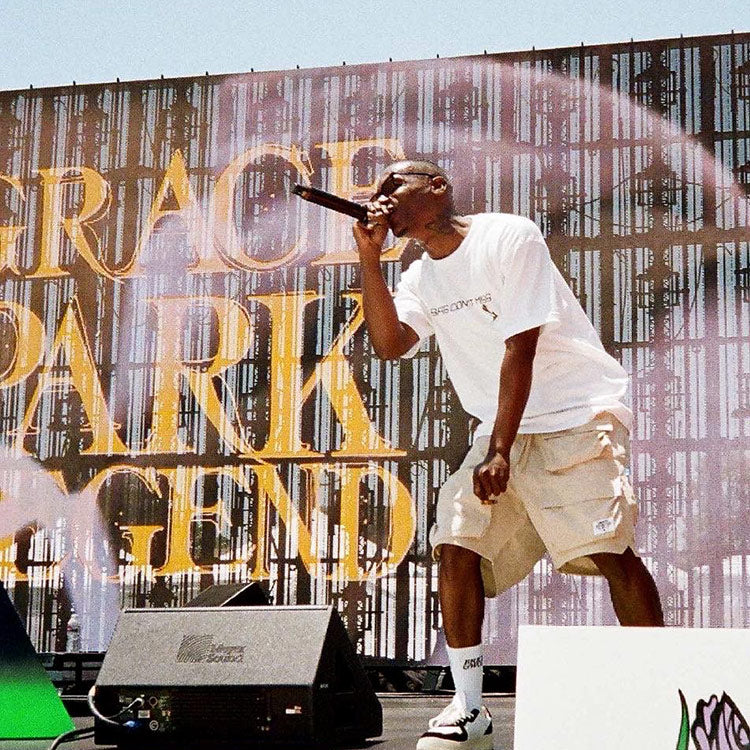
UNIFEST 2021
-
04.08.21
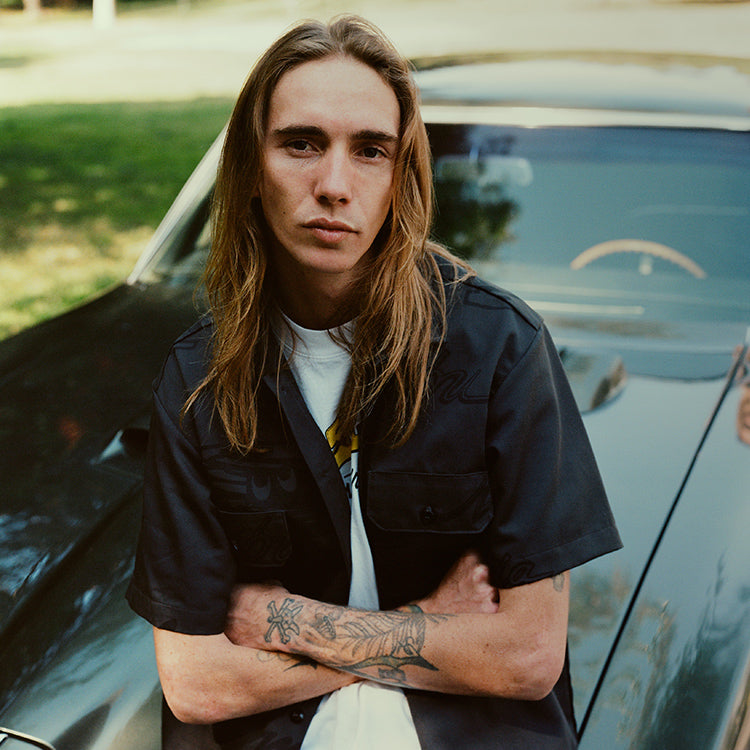
Spring 2021 Del 1
-
01.15.21
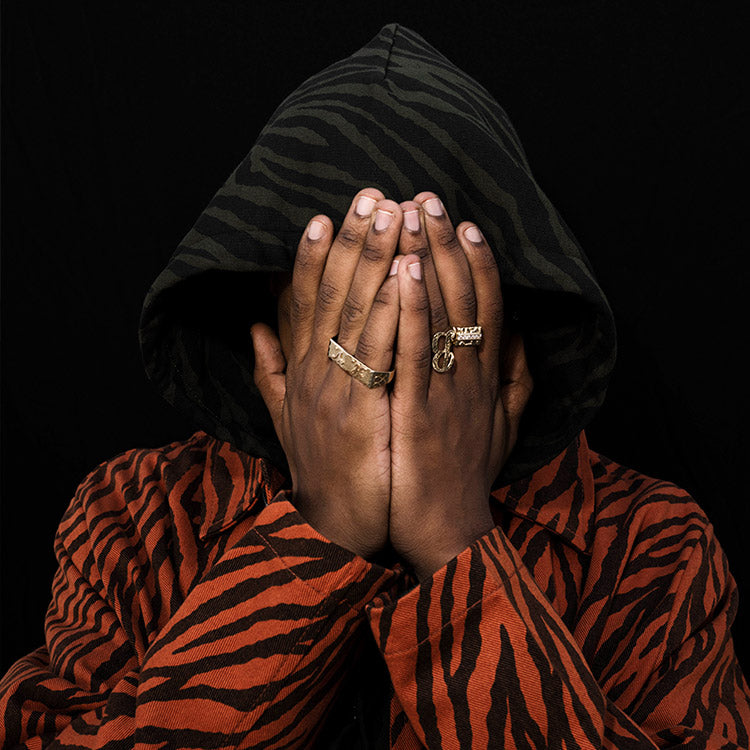
WTFIRGO — Robert LeBlanc
-
12.29.20
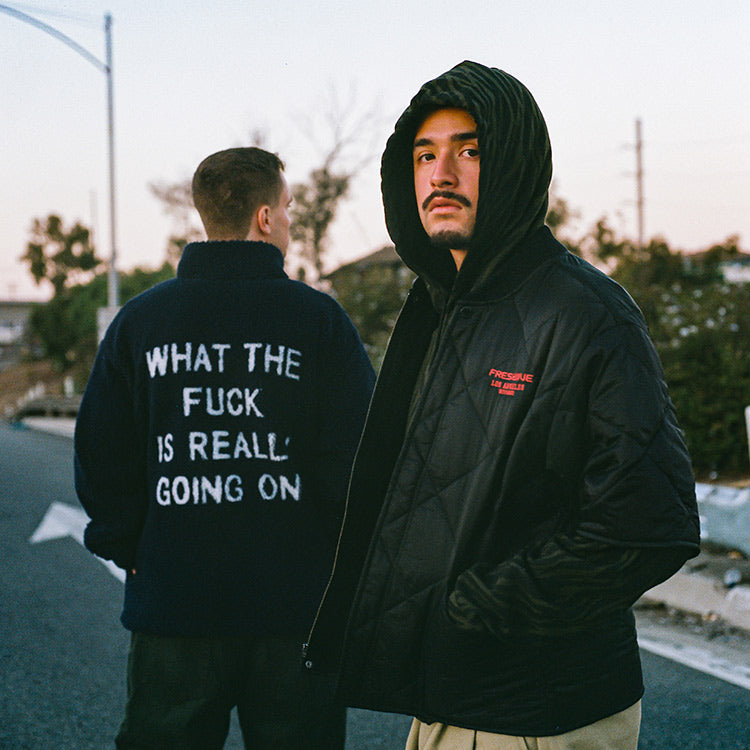
Fall 2 Look Book
-
10.28.20
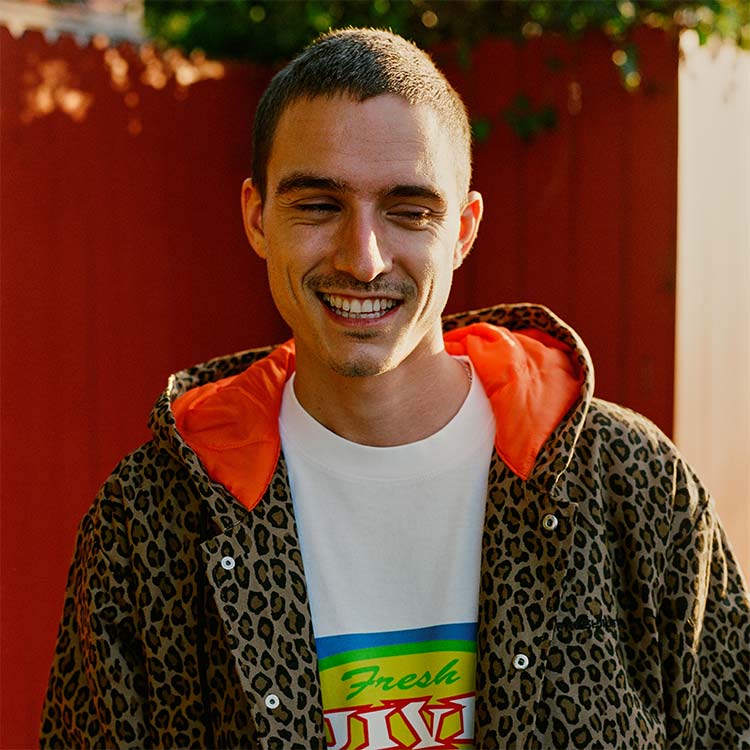
Fall 1 Look Book
-
07.30.20
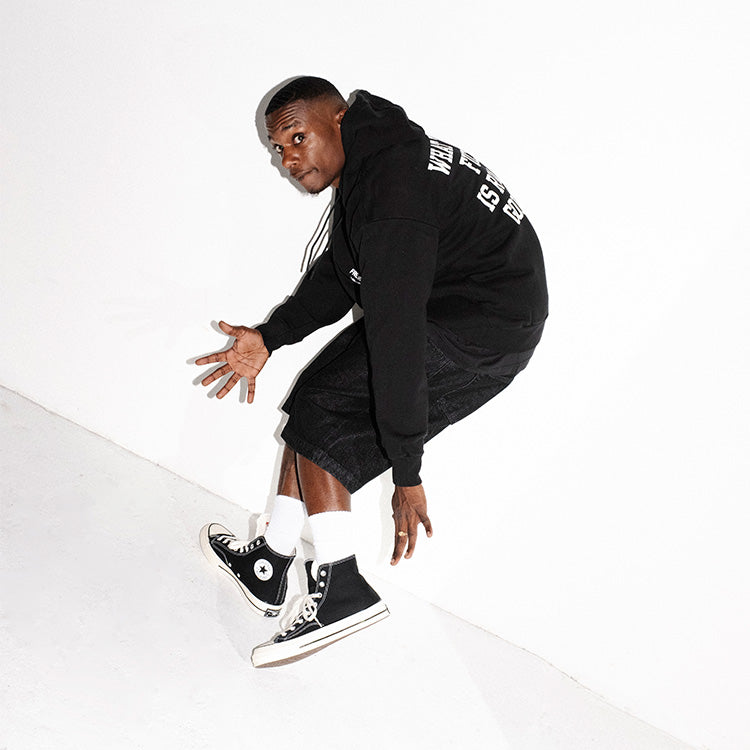
Summer 2020 Look Book #2
-
07.16.20
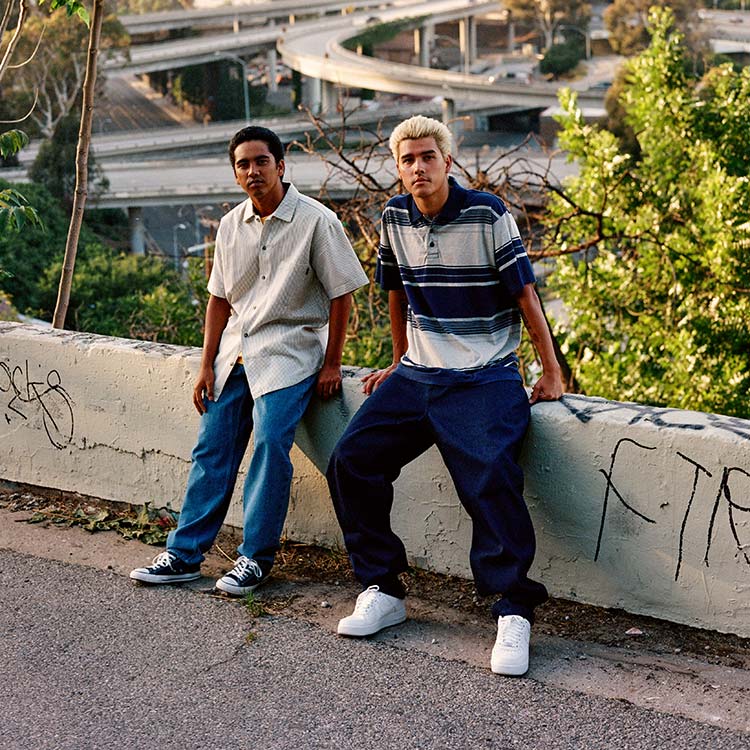
Summer 2020 Look Book
-
06.18.20
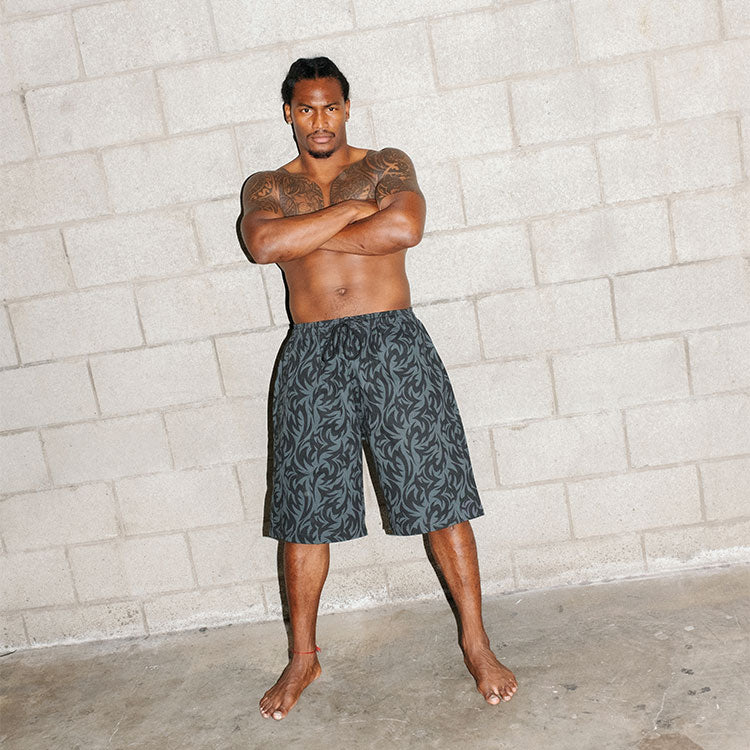
WTFIRGO — Israel Duffus
-
05.19.20
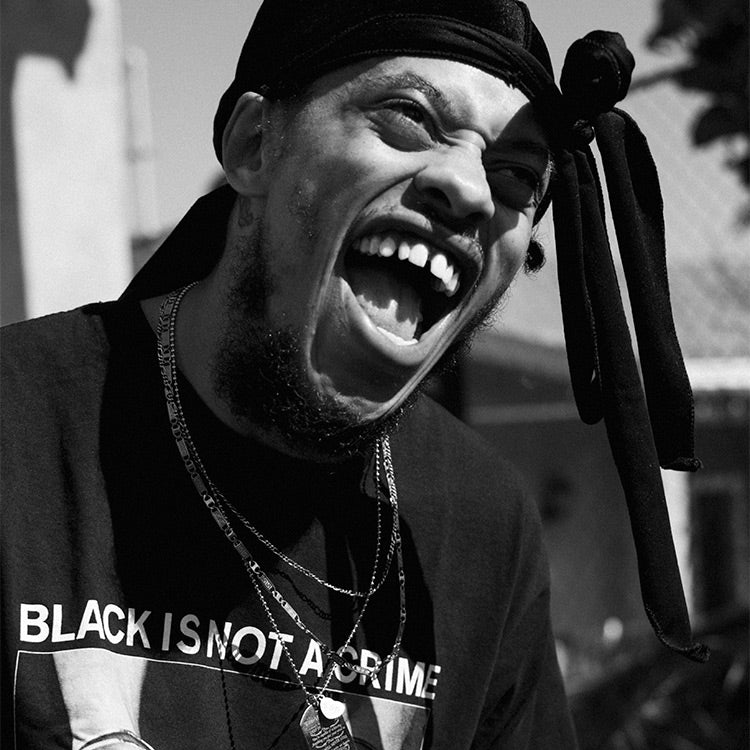
WTFIRGO — Pink Siifu
-
04.09.20
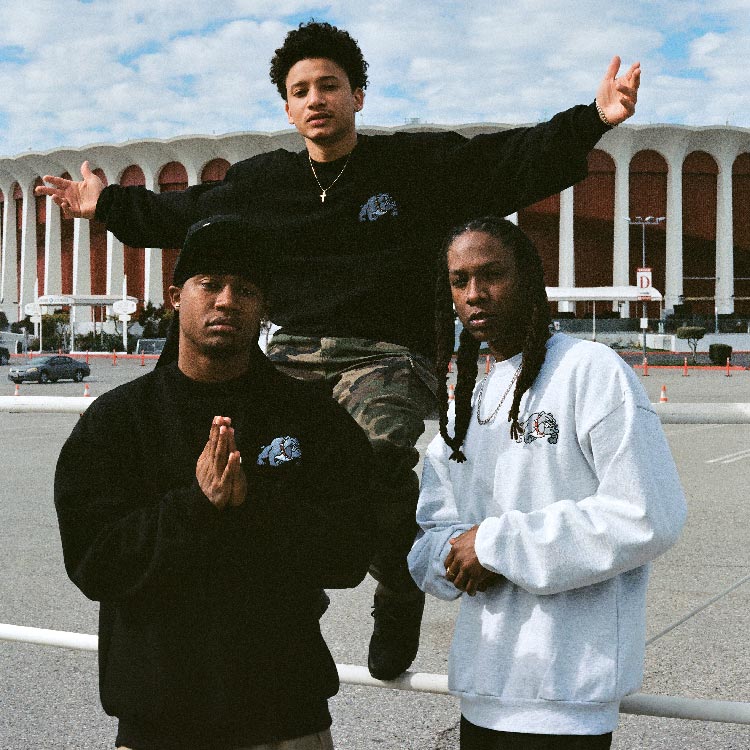
Spring 2020 Campaign #2
-
03.03.20
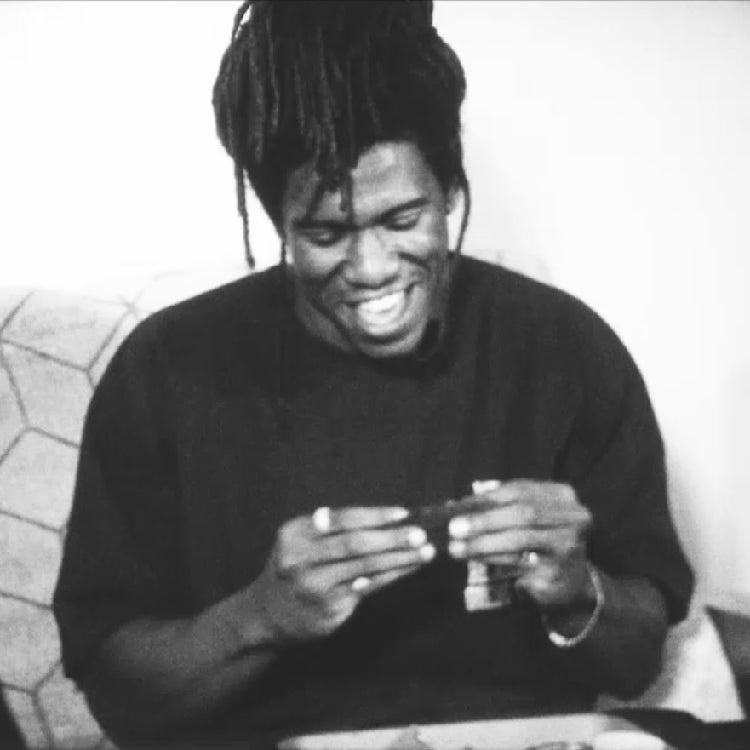
WTFIRGO News
-
02.20.20
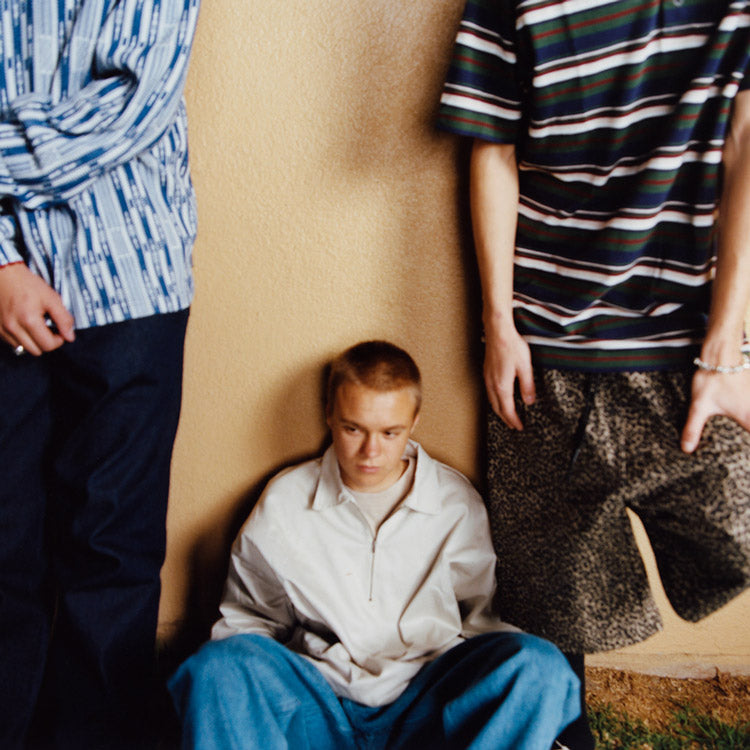
Spring 2020 Look Book
-
12.30.19
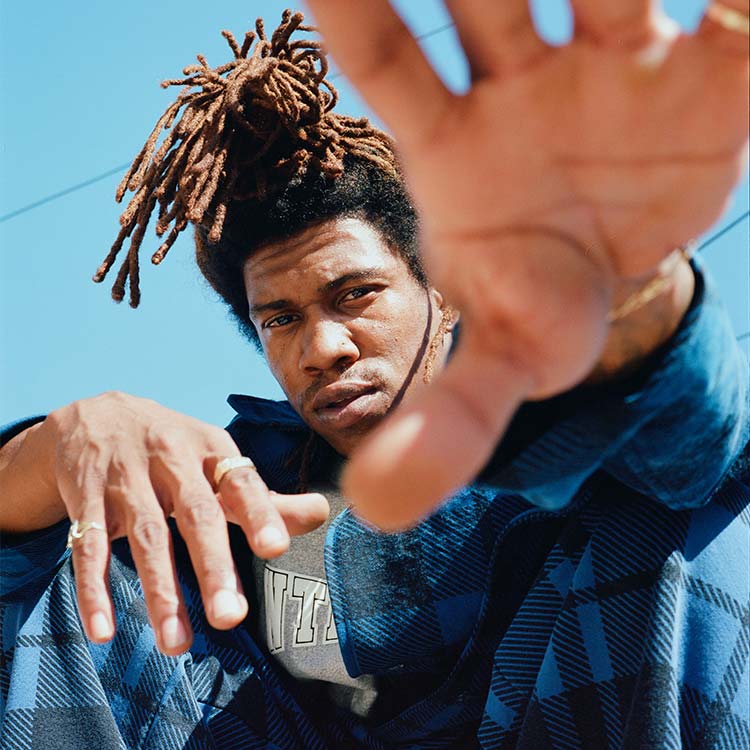
WTFIRGO — Seafood Sam
-
12.05.19
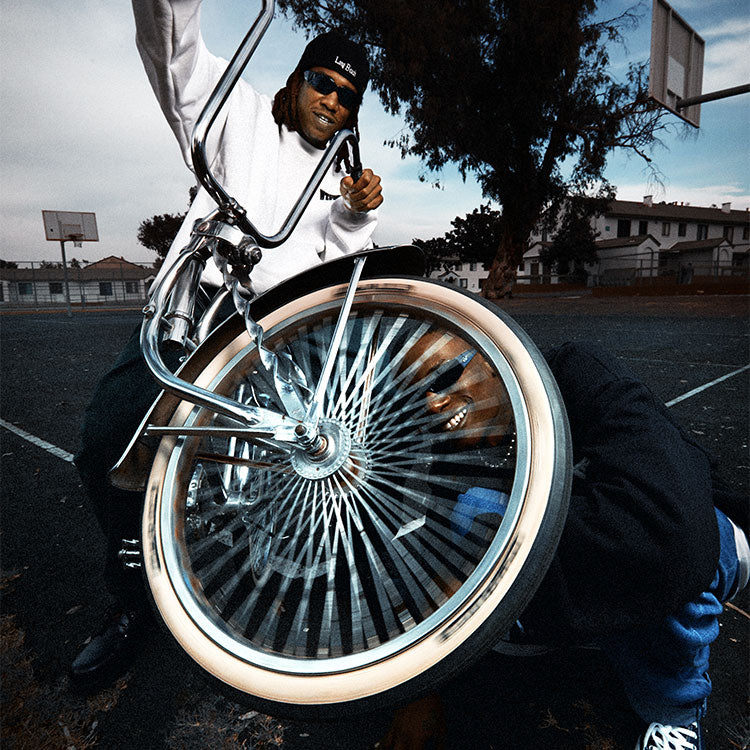
Holiday 2019 Look Book
-
10.02.19
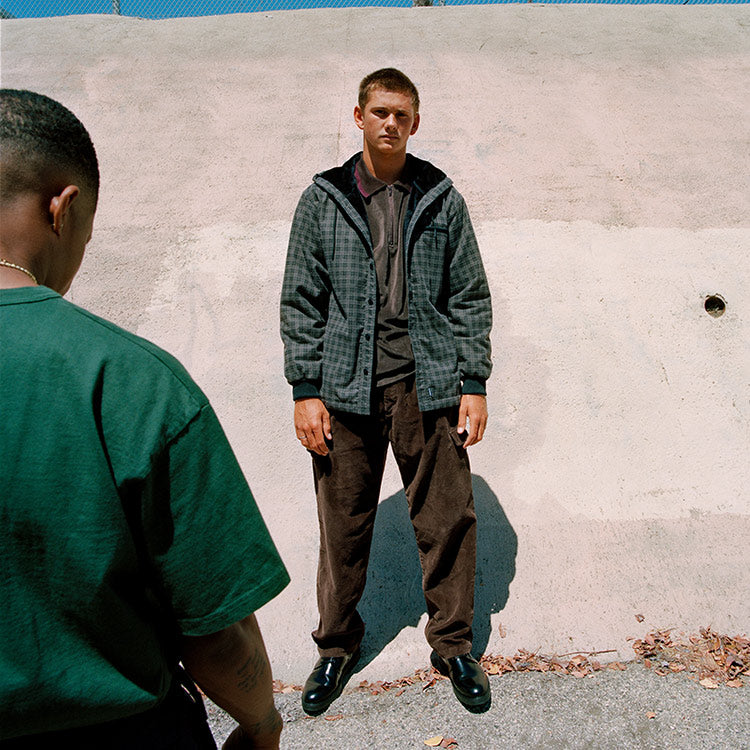
Fall 2019 Look Book
-
07.19.19
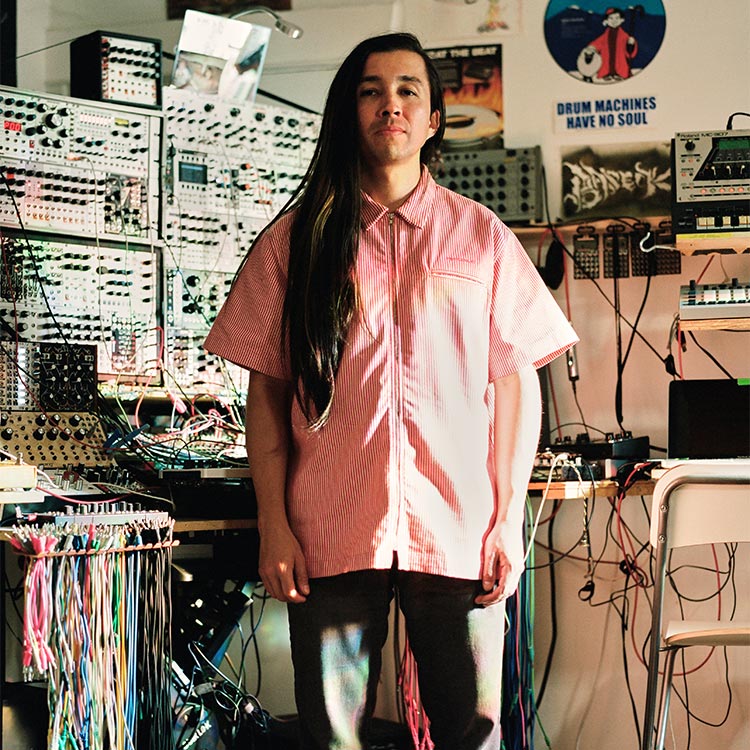
WTFIRGO — BASECK
-
07.18.19
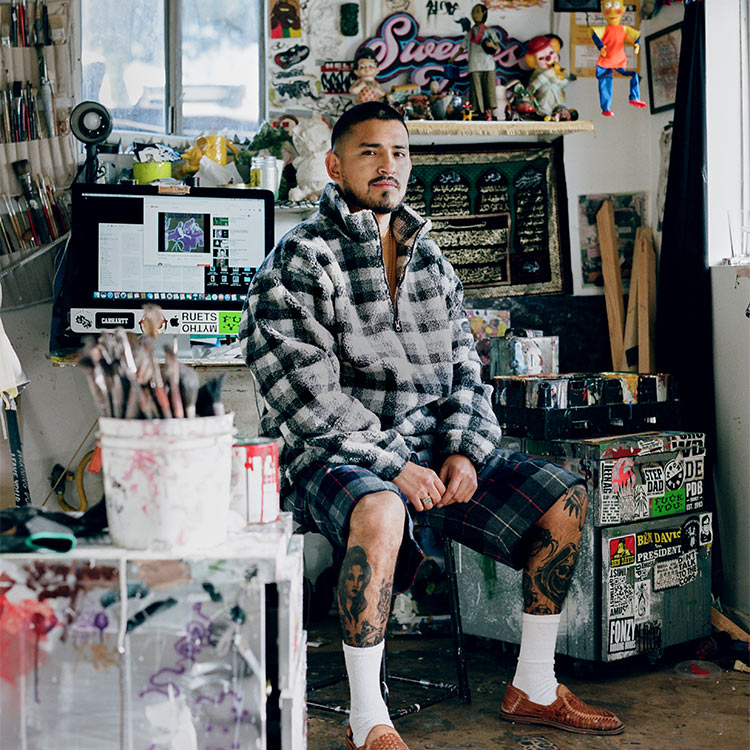
WTFIRGO — Alfonso Gonzalez Jr.
-
07.17.19
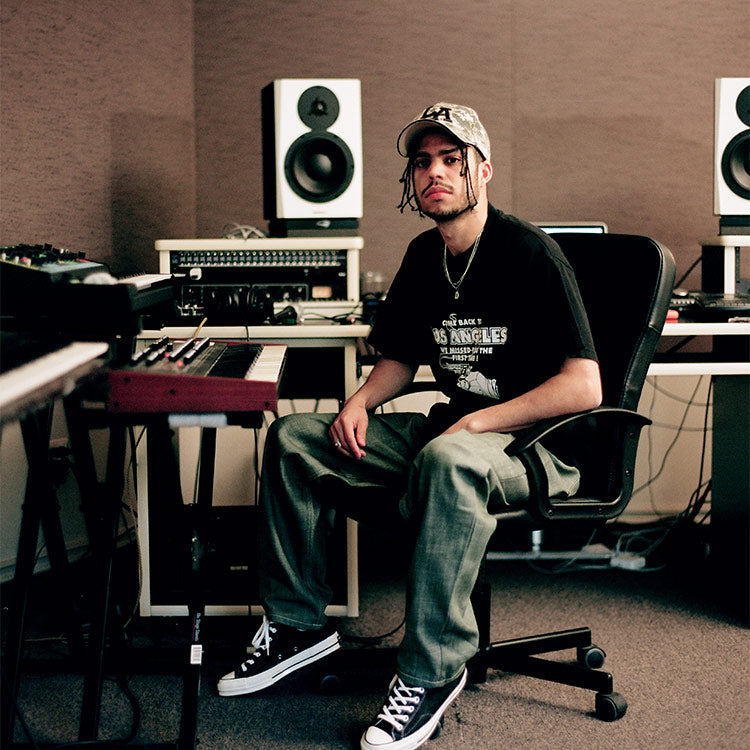
WTFIRGO — D33J
-
07.12.19
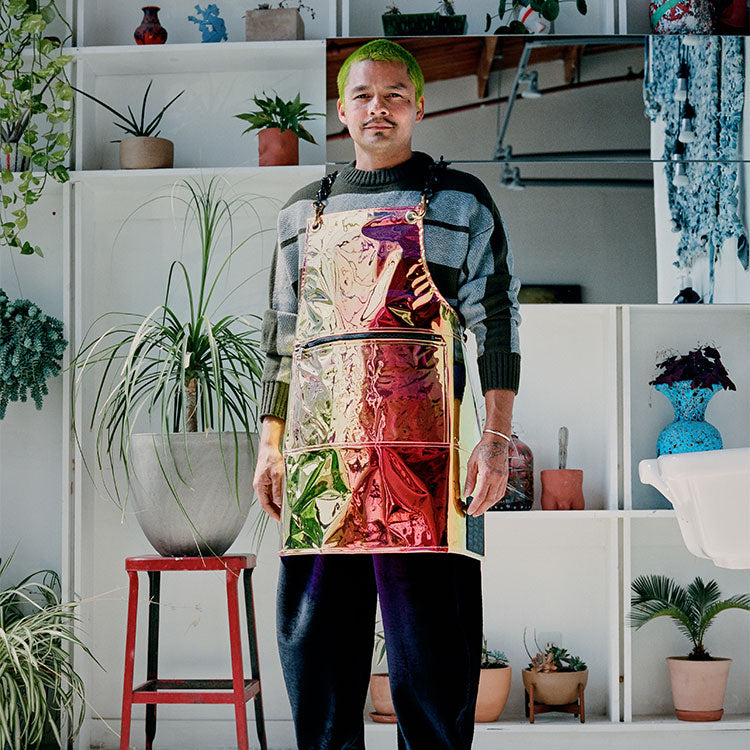
WTFIRGO — Daniel Moon
-
07.11.19
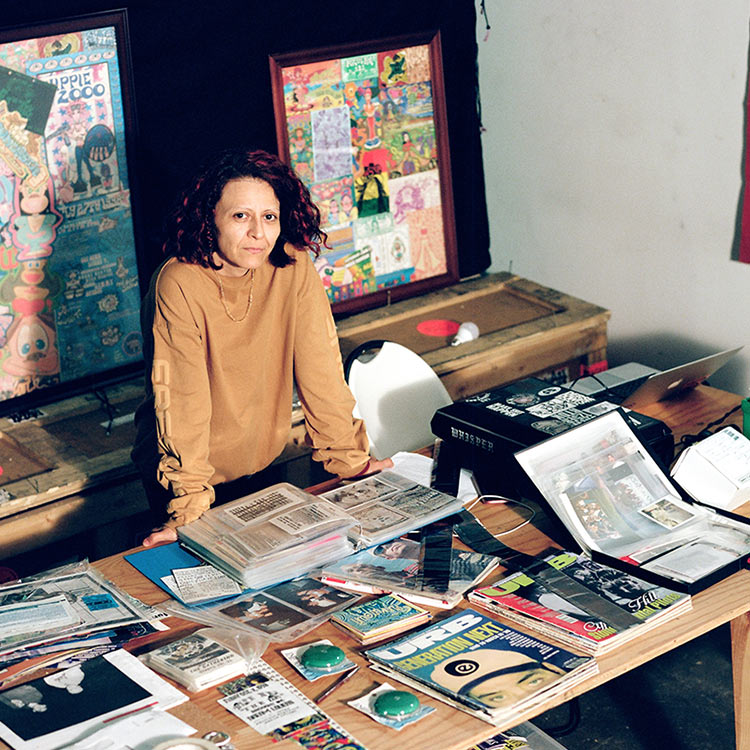
WTFIRGO — Guadalupe Rosales
-
07.09.19
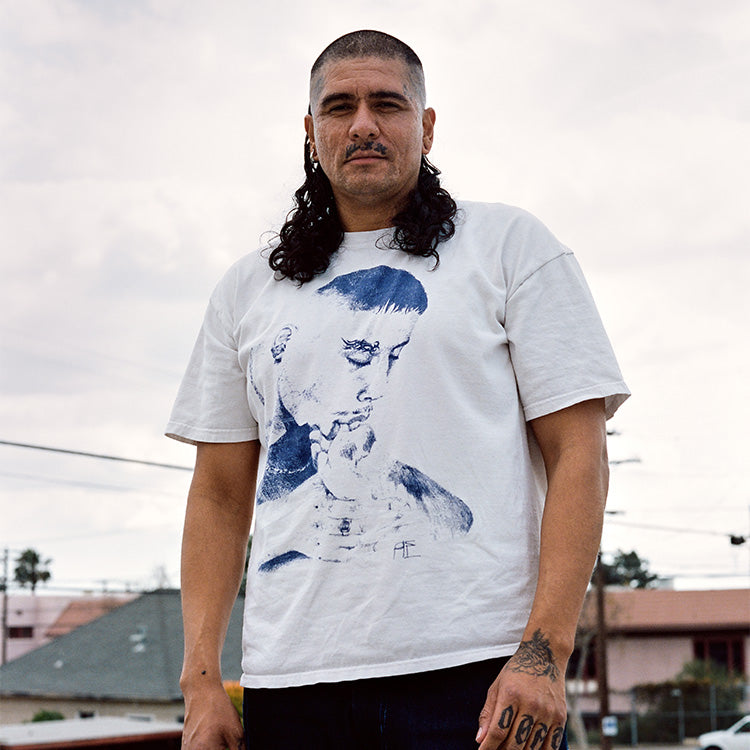
WTFIRGO — Rafa Esparza
-
05.11.19
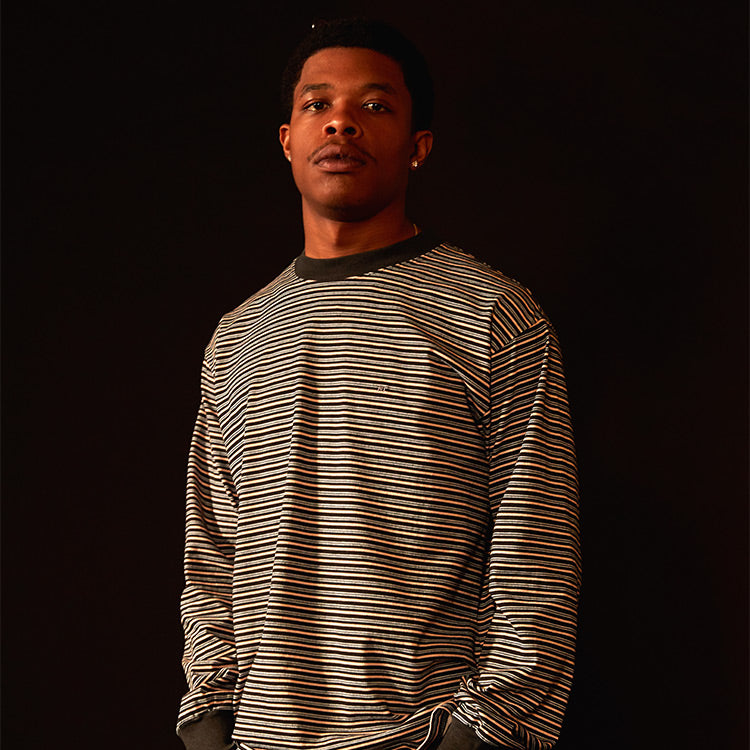
Estnation Capsule Collection
-
05.10.19
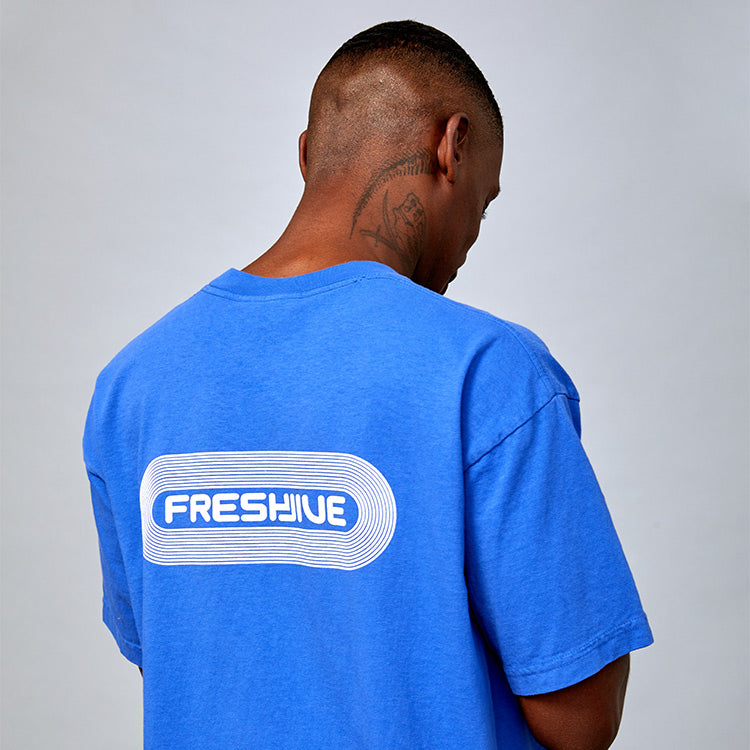
Summer 2019 Campaign (Drop 2)
-
05.07.19
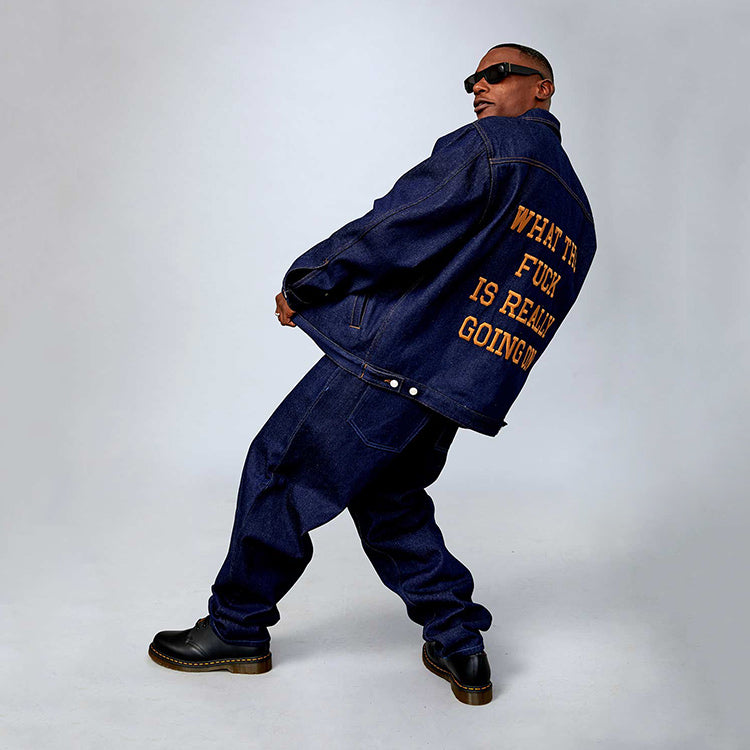
Summer 2019 Campaign (Drop 1)
-
05.07.19
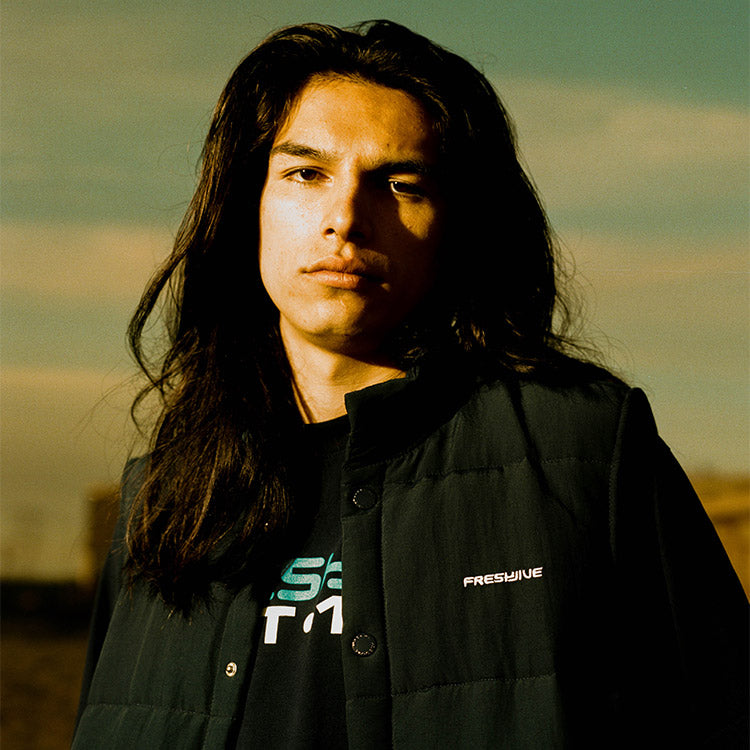
Summer 2019 Preview
-
03.29.19
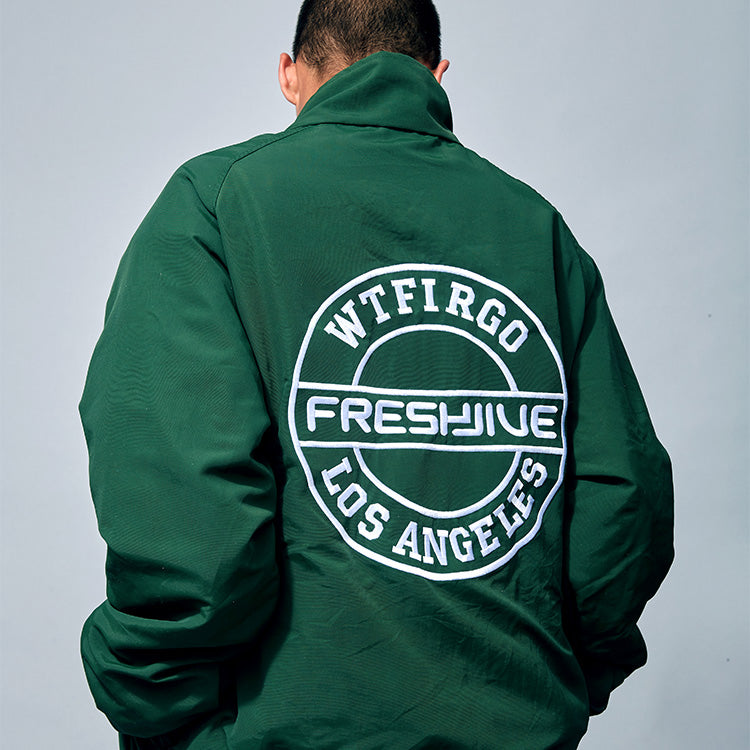
Spring 2019 Delivery 1 Look Book
-
02.26.19
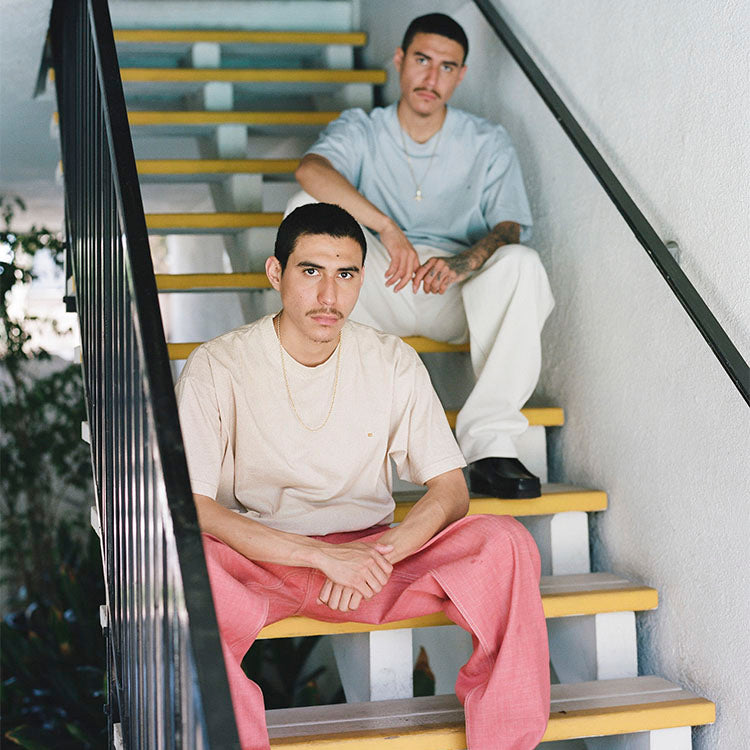
Spring 2019 Preview
-
01.12.19
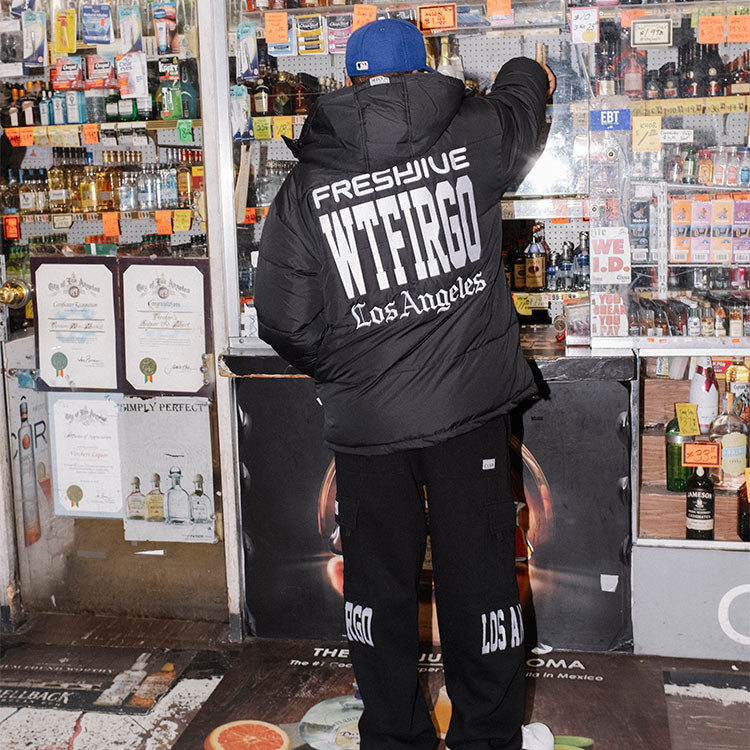
Freshjive X Proclub X Verchers Liquor Store
-
12.31.18
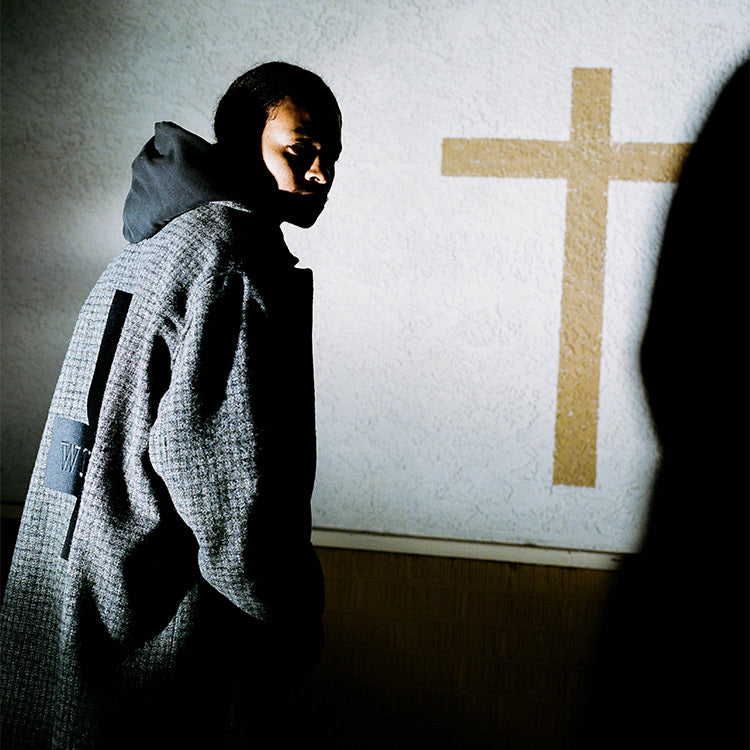
Crosses on Figueroa
-
12.19.18
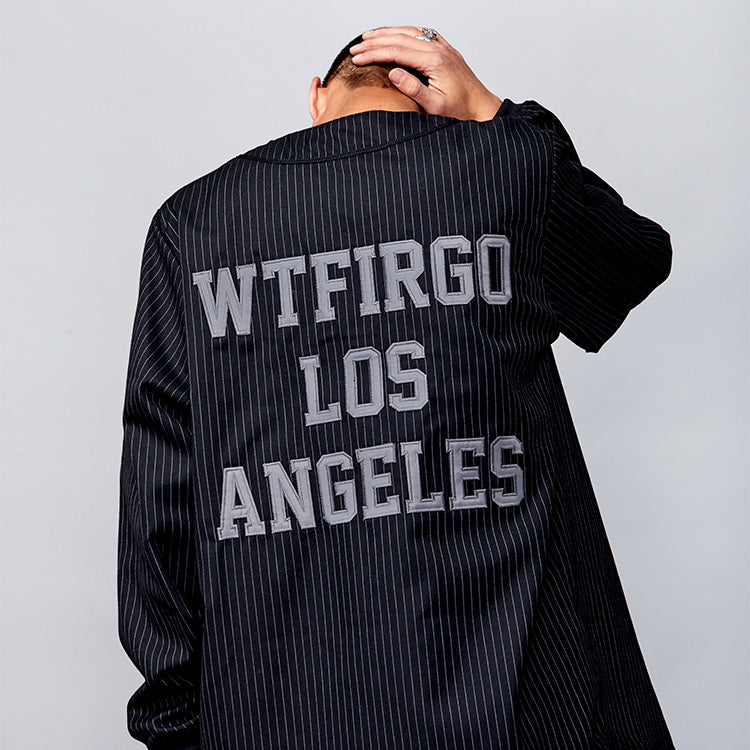
Winter 2018 Campaign
-
12.07.18
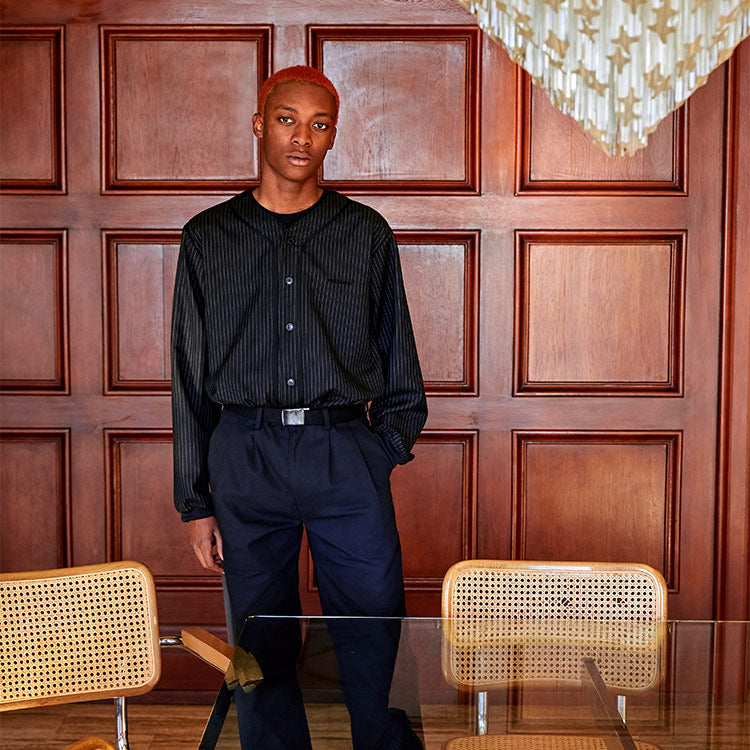
Winter 2018 Preview
-
10.17.18
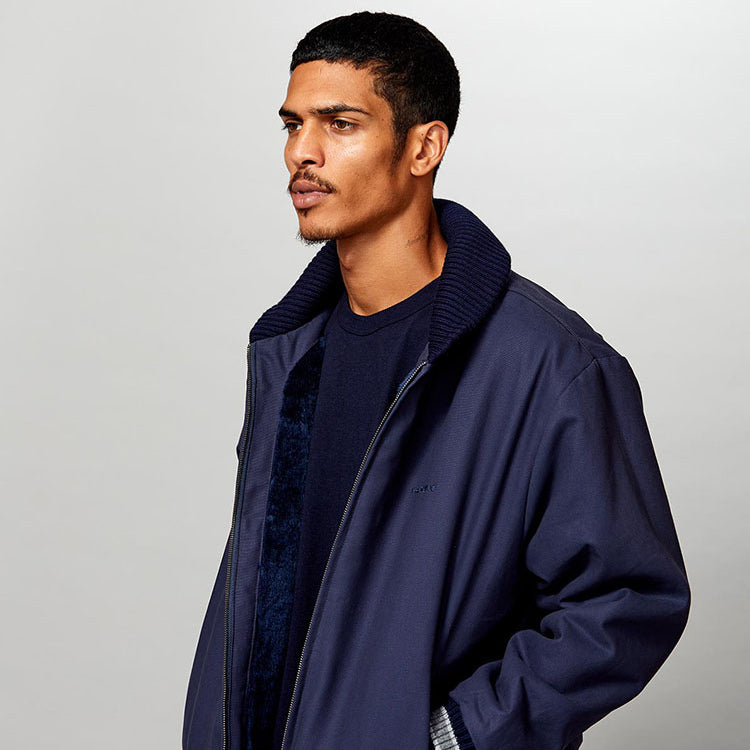
Autumn 2018 Campaign
-
09.13.18
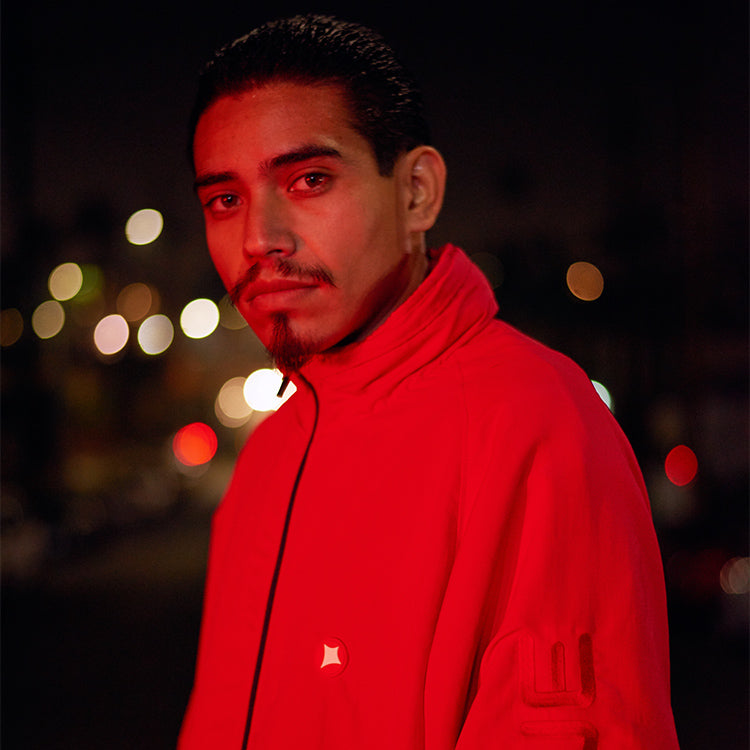
Autumn 2018 Preview
































